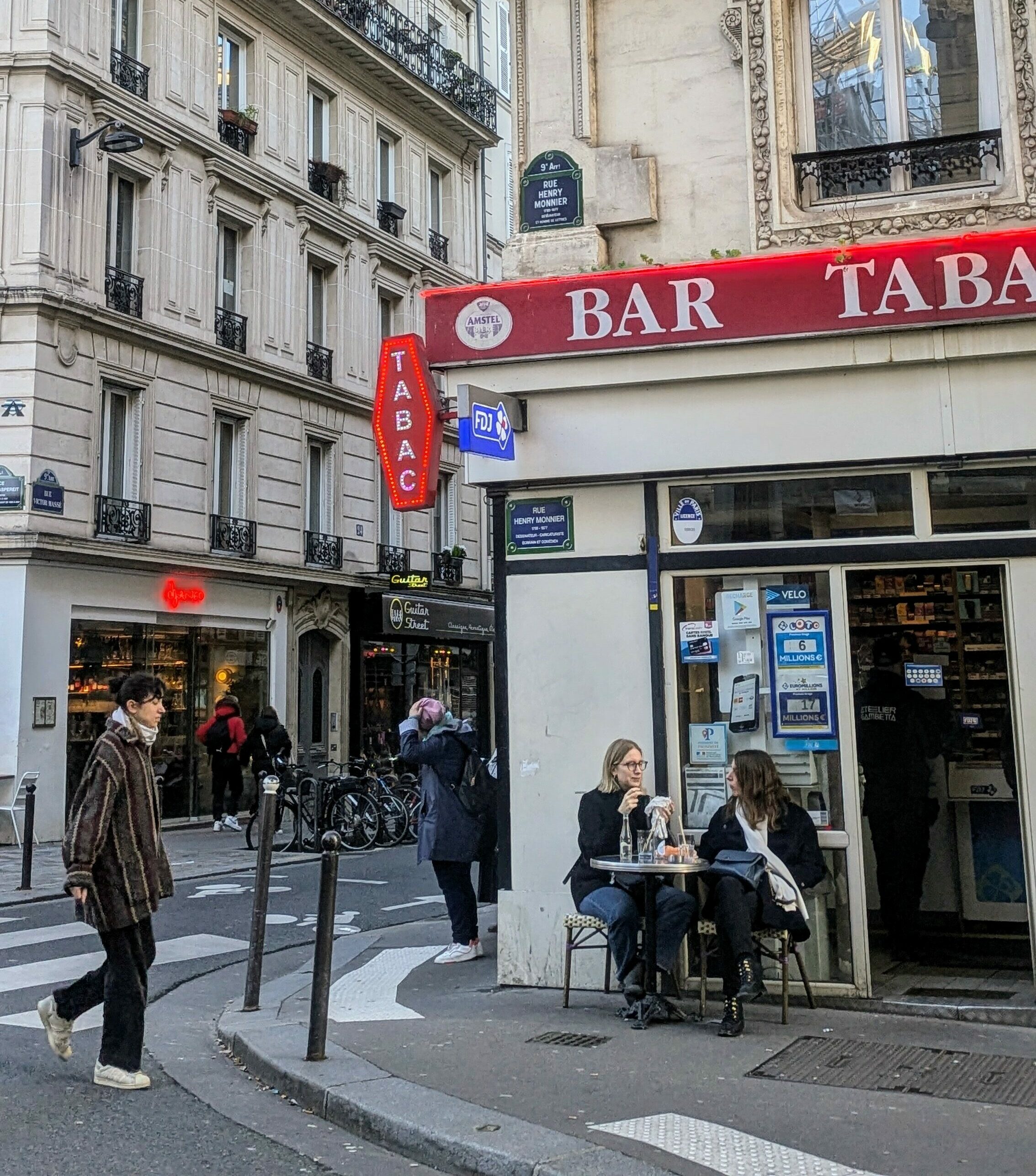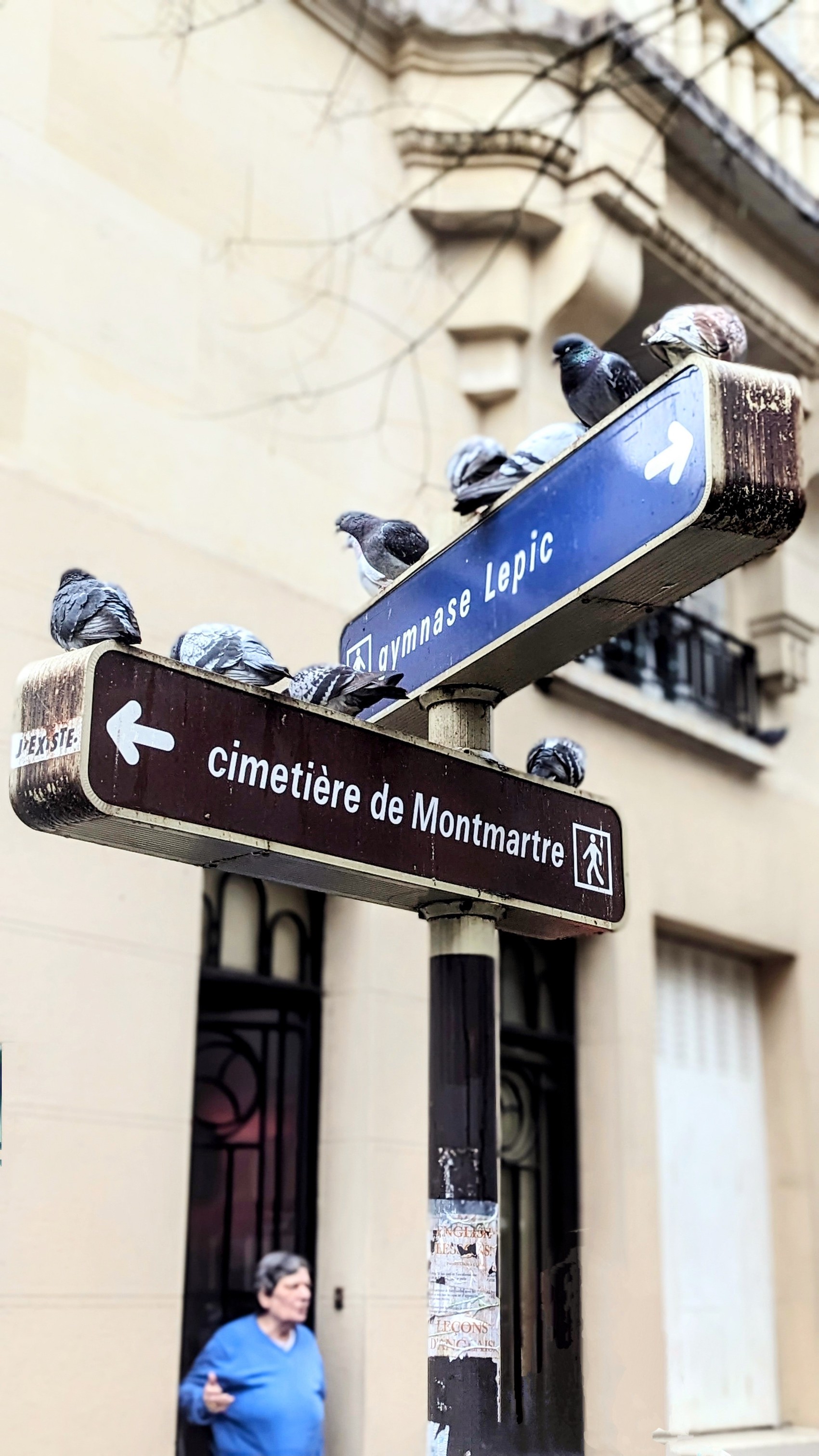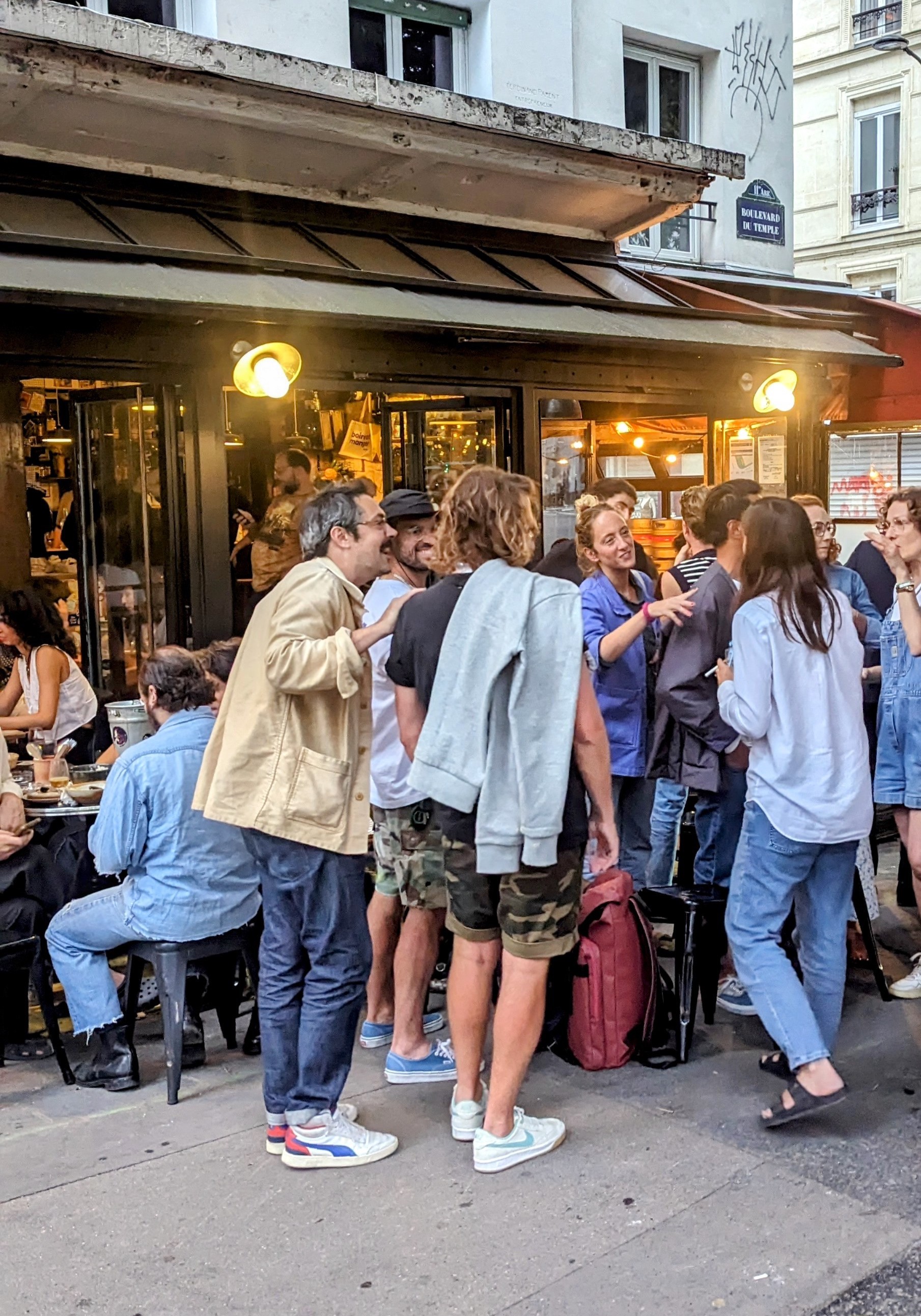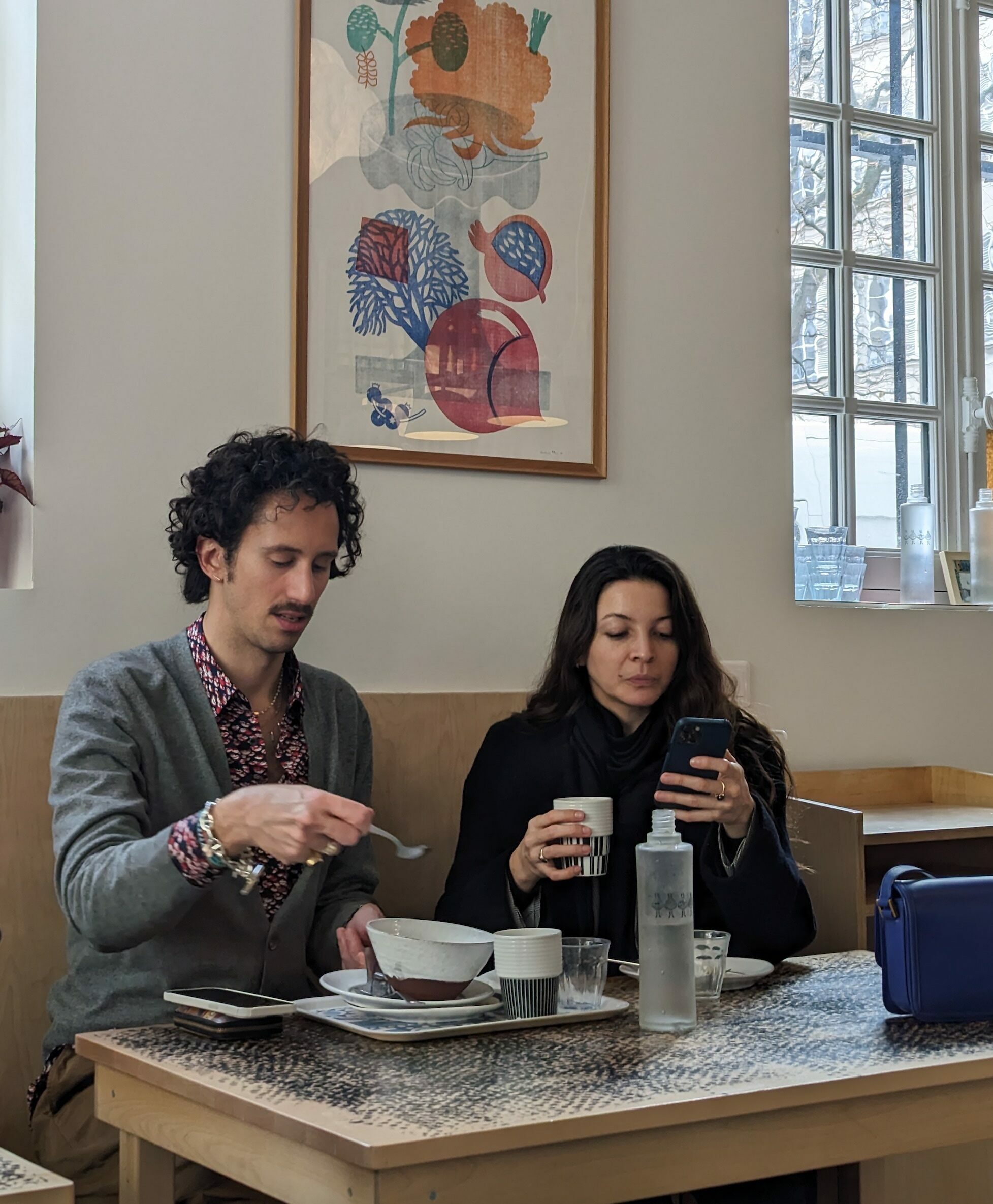10 Fun Facts About Paris

Here are ten completely useless but entertaining facts about your favorite city.
Not everyone can be Parisian
When Tom Cruise wanted to become an honorary citizen in 2005, the government said non merci. The problem was his affiliation with Scientology, which is considered a cult in France.
Flopcorn
Another Hollywood star who has learned that a famous name doesn’t necessarily get you far in Paris is Scarlett Johansson. Together with her French husband, the actress opened Yummy Pop in the Marais in 2016. Neither the marriage nor the popcorn business was a success.
Legal matters
France is home to a number of silly laws. Exhibit A: You can’t name your pig Napoleon, lest you tarnish the emperor’s image. Exhibit B: You can marry dead people, but you need the president’s blessing. There are about sixty posthumous marriages per year. Exhibit C: Until recently, it was officially illegal for a woman to wear pants. The law, passed in 1800, forbade women from ‘cross-dressing’ to imitate men. Of course, no one has really enforced this law in the last hundred years, but it wasn’t repealed until 2013. Finally, one that reinforces stereotypes: Until recently, employers couldn’t ban beer, cider and wine from workplace cafeterias.
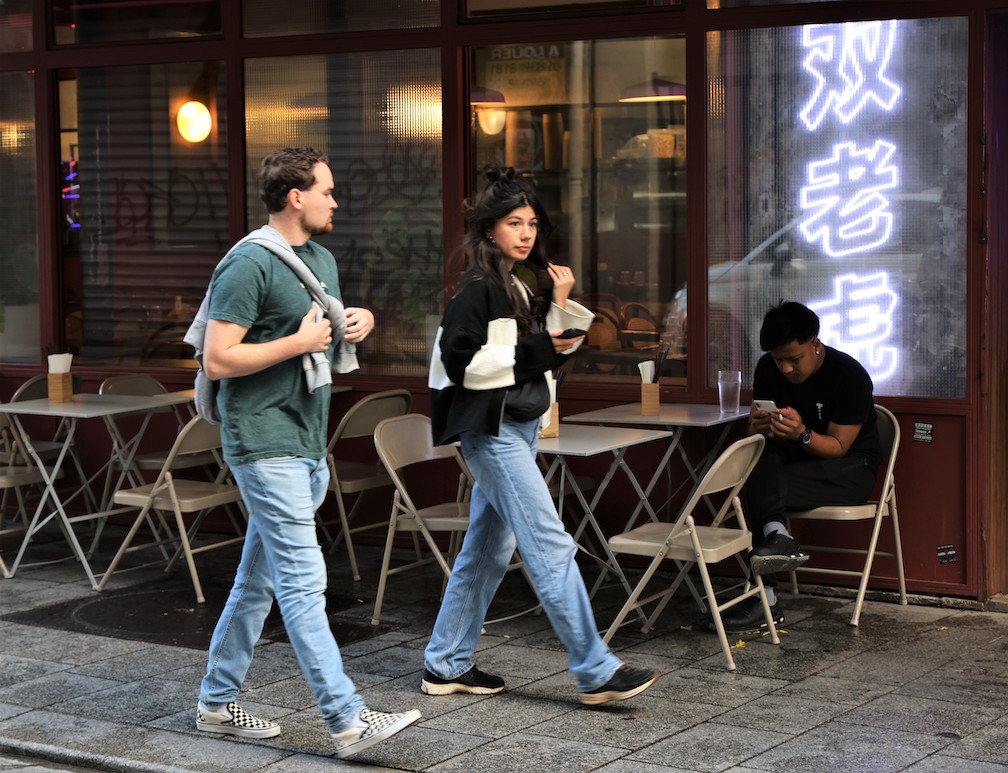
May the best baguette win
The average French person eats half a baguette a day, so it’s understandable that the art of baking bread is taken seriously. So seriously, in fact, that every year a jury elects the best baguette in Paris. The winner has the honor of delivering his baguette to the president every morning for a year. The same competition exists for croissants, eclairs, flans, organic bread, basically almost all baked goods, but the baguette championship is by far the one that gets the most media coverage.
Bouquinistes
There are 230 bouquinistes in Paris. These men, and less often women, who sell old books from their green stalls on the banks of the Seine are actually employed by the City of Paris. No special training is required, but a passion for reading, a willingness to work outdoors and a penchant for human contact are. Did you know that bouquinistes existed in a similar form as early as the 13th century?

Taxi driver
Anyone with a driver’s license can become a taxi driver – for the modest fee of 200k. Yes, you read that right. Although you can also get a taxi license for free from the government, you have to wait 14 years to be eligible. The alternative is to buy it from a retired driver for around 200,000 euros. If you think that’s a lot, we were told that in Monaco the price of these licenses goes up to 1 million, but apparently you make your money back relatively quickly thanks to generous tips.
Stop and go
There isn’t a single stop sign in all of Paris. The city’s only stop sign, located in the 16th arrondissement at the exit of a building materials company, disappeared in 2013 when it was stolen and never replaced. All intersections must now simply respect the right of way.
Music & movies
Have you ever wondered why France seems to produce so much more music and films than any other European country? That’s because the government is very supportive of the arts. While a law introduced in 1994 requires that at least 40 percent of songs played on radio stations be in French, there is no such law for movies. Despite this, French films regularly take 40 percent or more of the local box office. This is good news for the film industry, as it receives a share of all profits from companies that benefit from the exploitation of film content, from cinemas to streaming platforms. As a result, 10.7% of the profits from every movie ticket sold goes to subsidize new film projects.

Museum marathon
It’s impossible to see all 35,000 works of art in the Louvre in one day. And even if you didn’t stop to look at the art, it would take you 2-3 hours to walk all 14.5 km of the museum.
Paris Syndrome
Paris is the only city that has its own disease. The so-called Paris Syndrome is a form of severe culture shock, or a feeling of extreme disappointment, that some people experience when they visit Paris. Symptoms include hallucinations, vomiting, anxiety, depersonalization, and heart palpitations. Almost all patients suffering from this syndrome come from Southeast Asia, especially Japan. We blame unrealistic films and series (we mean you, Emily in Paris) that give a false image of the city for this rare but disturbing phenomenon.
Paris, anyway you want it
With your personalized guide you won’t experience Paris Syndrome or any other form of culture shock. Instead, you’ll discover the best Paris has to offer for YOU. Our guides are customized and can include anything you want: emerging Parisian designers, cutting-edge galleries, toddler-friendly restaurants, the best charcoal latte, the perfect little bistro you dream about – the Parisian sky is the limit!


